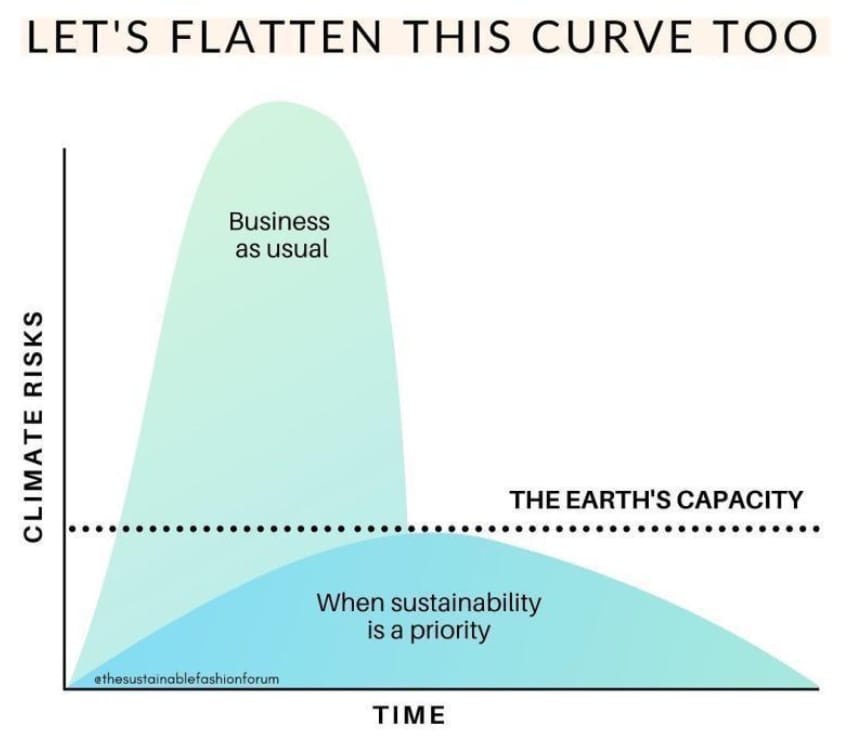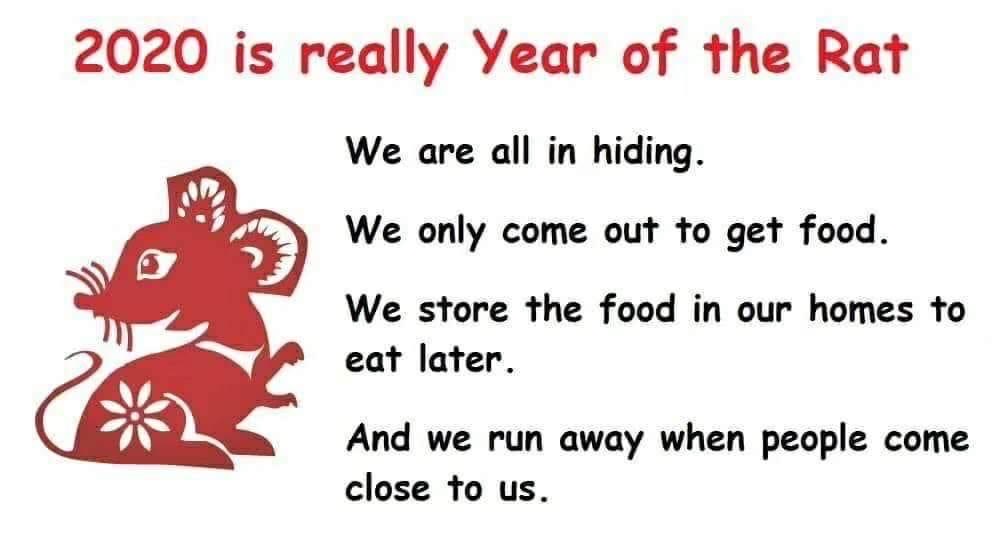
Before we find a vaccine for COVID-19, any sensible human being might understand that a simple mantra of test, trace and isolate is the only procedure we can do to contain the outbreak.
The mantra sounds simple but its implementation is harder than climbing Mt. Everest. In poor countries, ordinary people don’t have easy access to a comprehensive public health system like that in the developed countries. Infectious disease testing and medical treatment are challenging for both health providers and patients. And because of the growing population in these countries such as Nigeria, India and Thailand, social distancing becomes a luxury unless you can afford to live on an island alone. Ghettos, slums and subdivided flats share similar conditions: crowded, cluttered and most likely unhygienic. I can relate this housing condition to my childhood home, No. 14, as I described in my memoir, Golden Orchid. Thank god that I only lived with my parents in that rundown tiny house. But I knew the new tenants after my family who lived in that house amounted to six to seven. Risk abounds for poor people to be infected with human-to-human transmission of disease.
The wealthy countries are not any better. I can’t say the United States is setting a good example. Far from it. But like the U.S., many western countries regard freedom of movement and freedom of information more than anything else.
Isolation is punishment to many people as if you were given a house arrest sentence. People usually voluntarily isolate themselves in the aftermath of a mental shock such as a bereaved spouse. A child may become quieter after being bullied at school.
In the US where governments regardless of sizes and localities are often depicted as an obstruction of the free market. Because of misinformation and disinformation in the mass media, the public has less trust of government.
All of these factors have made a nationwide stay-at-home mandate because of COVID-19 unattainable. Tracking those suspected COVID cases after diagnosis arouses controversy over infringement of privacy.
So the fate of our desired business as usual is in limbo. So are our local governments who are depleting resources in this public health crisis.
According to the Center on Budget and Policy Priorities, sales taxes make up on average 32% of state tax revenue collected. I gather the state governments want more badly to reopen the market than their citizens do given the fact they’re devastatingly broke after the pandemic. When we need to make a choice between life and livelihood, I don’t think you will disagree that life is priceless. The trade-off has spoken itself.
This is my take on individualism as opposed to collectivism in the face of a public health crisis:
Do you want your freedom of movement by breaking social distancing? The consequence will be an infinite suspension of pre-pandemic activities due to high risk of infection.
Do you want your data privacy stay intact? Without the tracking devices, it won’t be possible to minimize the spread of an invisible killer (i.e. COVID-19) that has taken tens of thousands of lives.
It’s unnecessary to highlight the uncomfortable trade-offs between protecting privacy and public health. I can tell you that your privacy is a compromise as long as you participate in any e-commerce activities or using any mobile applications.
Think about those who design these mechanisms to provide the convenient services to you. Amazon can’t grow into a giant in one day. The more we shop on Amazon, the better Amazon customizes its multifaceted services. Thanks to the loyal and addictive shoppers, Amazon has grown from an online bookseller to a titan of e-commerce, logistics, payments, hardware, data storage and media. As a saying goes, Amazon’s fingers and tentacles are in every pie we consume.
And now in response to the demand of tracking COVID-19, Amazon has bought cameras from Chinese tech firms which have been blacklisted by the US federal government in order to meet the precaution requirement to take temperatures of its warehouse workers.
In the business world, sustainability is sometimes framed as risk management. There is no absolute solution about how we can return to business as usual in the pre-pandemic state. But when the US is lacking federal leadership and aid, when testing and tracking equipment are scare, when the public is getting antsy about staying at home too long, to flatten the curve of infectious disease, we need to pull ourselves together to minimize potential risk of COVID recurring.
Chinese reformer Deng Xiaoping once famously said, “It doesn’t matter whether a cat is black or white, as long as it catches mice.” In the Year of the Rat, we don’t want to confine ourselves to the life of a rat. Perhaps giving up individual preferences is the cat we need to test, track and isolate collectively in response to this big rat of humanity—COVID-19.

